More from nusratfawzan nusratfawzan
More in Politics
Related Blogs
Archives
Social Share
Top 5 Tips to Increase Car Mileage
Body
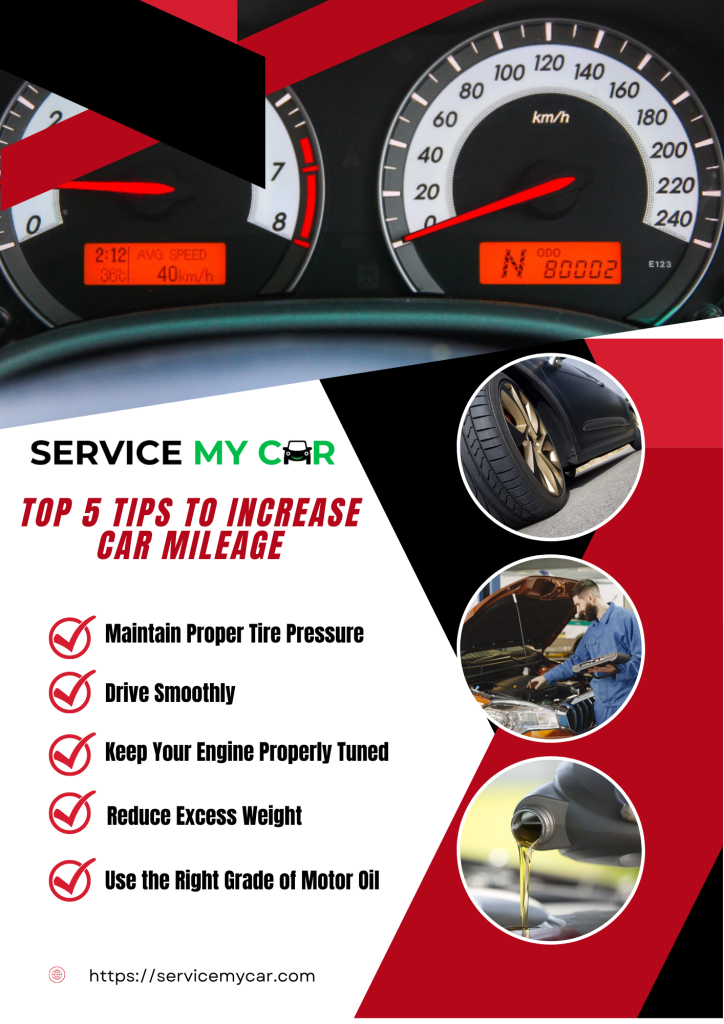
Whether you drive a compact sedan or a sturdy SUV, optimizing fuel efficiency can benefit both your wallet and the planet. Here are five practical tips to help you get more miles out of every gallon of fuel.
1. Maintain Proper Tire Pressure
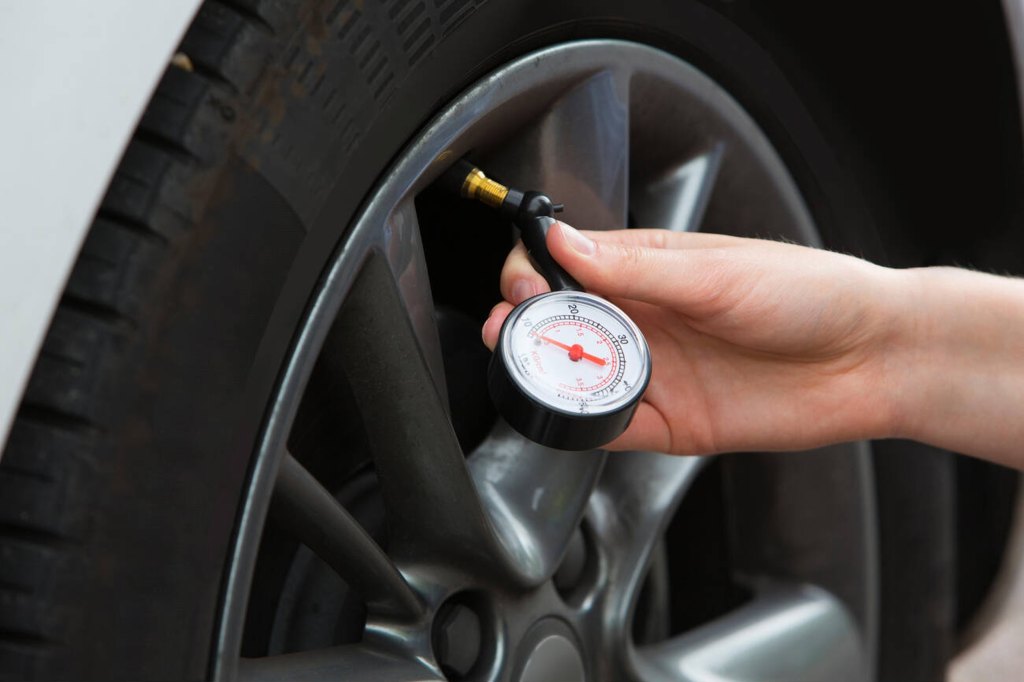
One of the simplest yet most effective ways to improve your car's mileage is by ensuring your tires are properly inflated. Under-inflated tires increase rolling resistance, which means your engine must work harder to move the vehicle. This extra effort leads to increased fuel consumption. According to the U.S. Department of Energy, properly inflated tires can improve gas mileage by up to 3%.
To maintain optimal tire pressure, check your tires at least once a month and before long trips. Use a reliable pressure gauge and inflate the tires to the manufacturer's recommended pressure levels, which can usually be found on a sticker inside the driver's side door or in the owner's manual. Properly inflated tires not only boost fuel efficiency but also enhance safety and prolong tire life.
2. Drive Smoothly and Avoid Rapid Acceleration
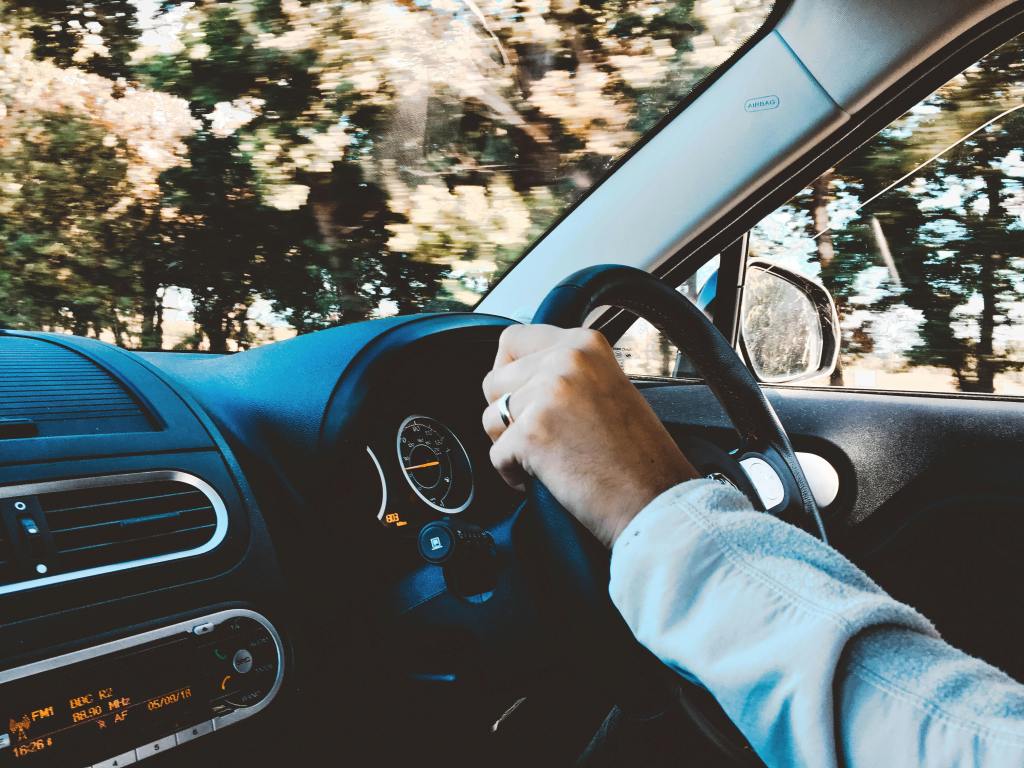
Your driving habits play a significant role in fuel efficiency. Aggressive driving, such as rapid acceleration and braking, can lower your car's mileage by as much as 33% at highway speeds and by 5% in city driving conditions. To conserve fuel, accelerate gradually and maintain a steady speed whenever possible. Use cruise control on highways to help maintain a constant pace and reduce fuel consumption.
Furthermore, anticipate traffic flow and stoplights ahead of you to avoid unnecessary braking and acceleration. By driving smoothly and steadily, you not only save fuel but also reduce wear and tear on your vehicle's components, leading to lower maintenance costs over time.
3. Keep Your Engine Properly Tuned
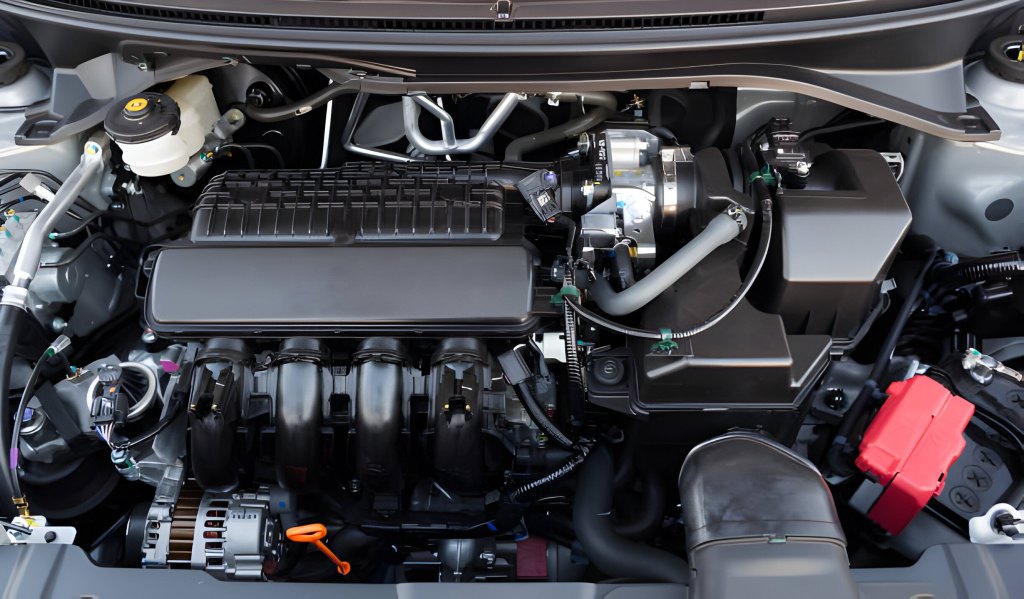
A well-maintained engine operates more efficiently, thereby maximizing fuel economy. Regular maintenance, such as tune-ups, oil changes, and air filter replacements, can improve gas mileage by up to 4% according to the Environmental Protection Agency (EPA). Follow the manufacturer's recommended maintenance schedule outlined in your owner's manual to ensure your engine is performing at its best.
Pay attention to warning signs such as rough idling, stalling, or decreased acceleration, as these can indicate underlying issues that may affect fuel efficiency. Addressing engine performance problems promptly not only saves fuel but also prevents more costly repairs down the road.
4. Reduce Excess Weight and Aerodynamic Drag

Extra weight in your vehicle means more fuel is needed to move it, especially during city driving and acceleration. Remove unnecessary items from your trunk and interior to lighten your car's load and improve gas mileage.
Additionally, reduce aerodynamic drag by removing roof racks, bike carriers, and other accessories when they are not in use. These additions create wind resistance, forcing your engine to work harder and consume more fuel. Keeping your vehicle streamlined and clutter-free contributes to better fuel efficiency and a smoother driving experience.
5. Use the Right Grade of Motor Oil
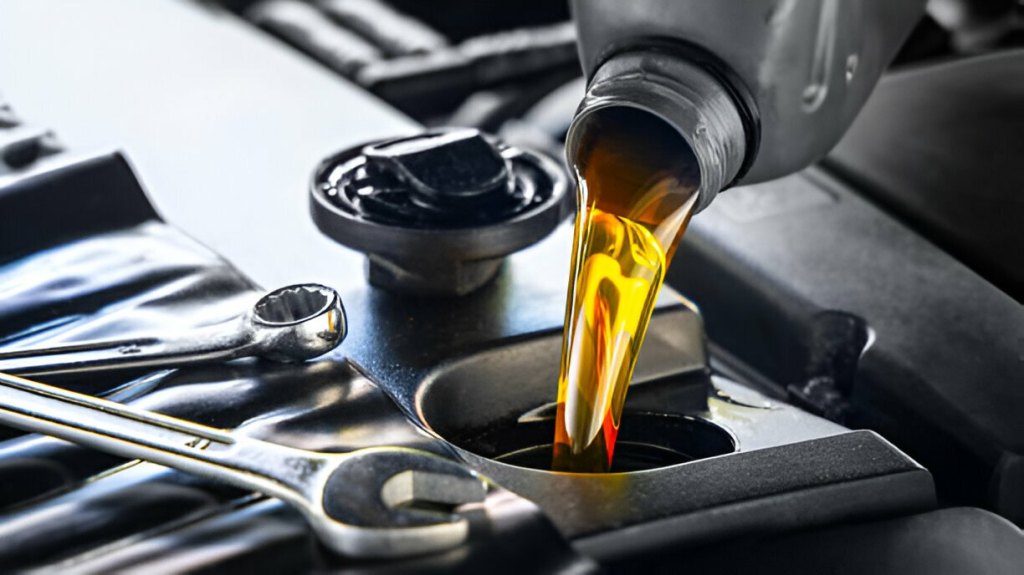
Choosing the right motor oil for your vehicle can also impact fuel economy. High-quality synthetic oils can reduce friction within the engine and improve efficiency compared to conventional oils. While synthetic oils may be more expensive, they offer better lubrication and stability across a wide range of temperatures, potentially increasing fuel efficiency by 1-2%.
Consult your owner's manual or a certified mechanic to determine the recommended oil grade and change intervals for your specific vehicle. Regular oil changes with the correct grade of motor oil not only enhance fuel efficiency but also extend the life of your engine.
How Does Service My Car Assist You?
Conclusion
Improving your car's mileage doesn't necessarily require expensive modifications or advanced technology. By following these five practical tips—maintaining proper tire pressure, driving smoothly, keeping your engine tuned, reducing excess weight and aerodynamic drag, and using the right motor oil—you can effectively increase fuel efficiency and save money at the pump. Incorporate these habits into your driving routine, and you'll not only enjoy the benefits of lower fuel costs but also contribute to a cleaner environment by reducing your carbon emissions. Remember, small changes in driving behavior and vehicle maintenance can lead to significant savings over time while promoting sustainable driving practices.





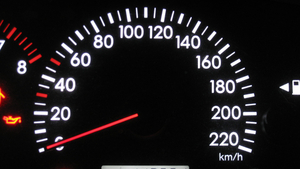




Comments